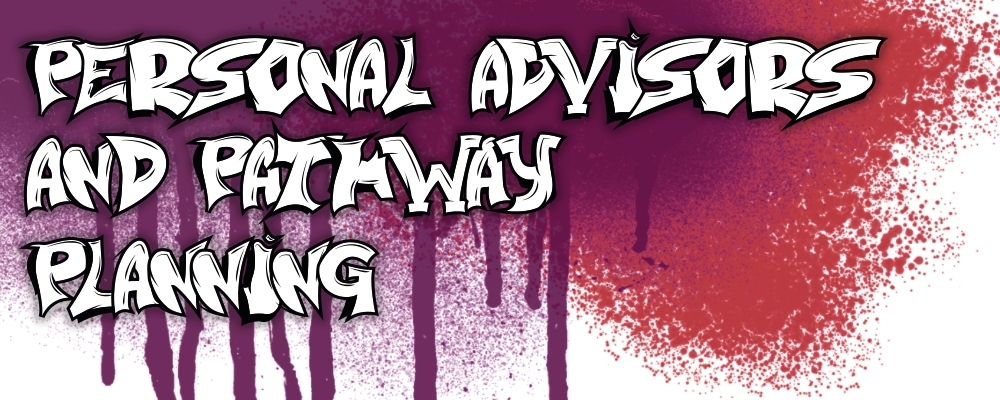Personal Advisers and Pathway Planning

Contents

Personal advisors and Pathway planning
We currently have 6 personal advisors in our Leaving Care Team, each with their own specialist knowledge. We will try to match you to a personal advisor of your choice as much as we possibly can.
When you are seventeen and a half your social worker will arrange for your PA to meet with you to explain their role. Your PA will spend time getting to know you and take over supporting you when you are 18 years.
What will my Personal advisor (PA) do.
Your personal advisor is there to offer you support, advice, guidance, and assistance to help you develop your independence.
Ideally you should see your personal advisor face-to-face a minimum of once every two months, however visits can also be less than every two months or via phone or email if you request and should be specified in your pathway plan.
You will be able to ask to have support from your personal adviser up to the age of 25, this is to try to make sure care leavers receive similar support to young adults who live with their families. However, the amount of support that you receive from your personal adviser will depend on what you want and your circumstances.
The Children and Social Work Act 2017 outlines the support you can expect from a personal advisor (PA), the support you can expect.
What is a pathway plan?
Every young person in care from the age of 16 years and up to 21 years must have a pathway plan, so you should by now be familiar with yours.
Your pathway should set out your support needs, views, wishes and feelings and future goals, and agree actions to meet those needs, develop your skills and abilities and achieve your goals.
Some of these actions will be for you to complete and some will be for your social worker, personal advisor, carer, key worker, or family members.
You are the most important person in this process as this is your plan, so it is important that you are involved in the process, and we review your pathway plan with you regularly so that it is kept up to date and maps your progress.
Extra support
Your leaving care team will consider with you what extra support you may need. You might, for example, need extra support because:
- you have special educational needs or a disability.
- you are a separated Child/young person your immigration status is unclear.
- you are in or leaving custody or you have had contact with the criminal justice system.
- you are a young parent.
- you are going through a difficult time in your personal life.
Personal Advisors
Tofind out more about our Personal Advisors, you can read more about them in the profiles below.




